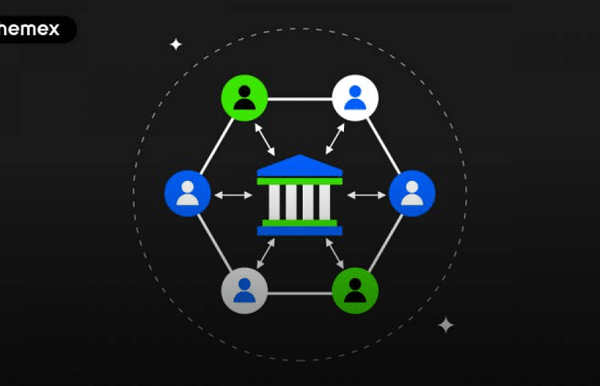In recent years, decentralized governance processes and procedures have expanded as a result of globalization, functional differentiation, and technical specialization. Blockchain technology is at the heart of Decentralized Autonomous Organizations (DAOs), which exemplify this shift. In this decentralized landscape, hybrid governance models that combine centralization and decentralization are being explored in order to optimize decision-making and productivity.

Decentralization and the Web3 Society: Impacts
Decentralization involves distributing power and control away from a central authority or agency. On the internet, this means creating systems that are dependent on distributed networks of nodes instead of a single entity. Web3, a vision for the internet’s evolution, relies on decentralized, open-source technologies like blockchain to provide greater transparency, control, and security to users.
The Semi-Centralized Approach: Balancing Centralization and Decentralization
Although blockchain technology eliminates the need for a trusted intermediary in contract execution, the system still requires human interaction. The members of a blockchain must agree upon and implement any changes to the system. Since all participants must verify before the system moves forward, completely decentralized models may result in inefficiency and slow processes.
Phemex is exploring a semi-centralized model that offers the advantages of both centralized and decentralized governance systems, while minimizing their hitch. With Phemex DAO, members of the Web3 ecosystem like developers, partners and stakeholders can contribute to decision-making through proposing and voting. This allows for transparency that decentralization brings. After a conclusion is accepted through the decentralization process, Phemex’s internal team efficiently executes it as this mix of both approaches boosts its crypto exchange’s standing.
By adopting this hybrid exchange model, Phemex aims to encourage active user participation in the community and share rewards. By promoting transparency, community engagement, and maintaining high security standards, the company strives to create an open and fair Web3 future.